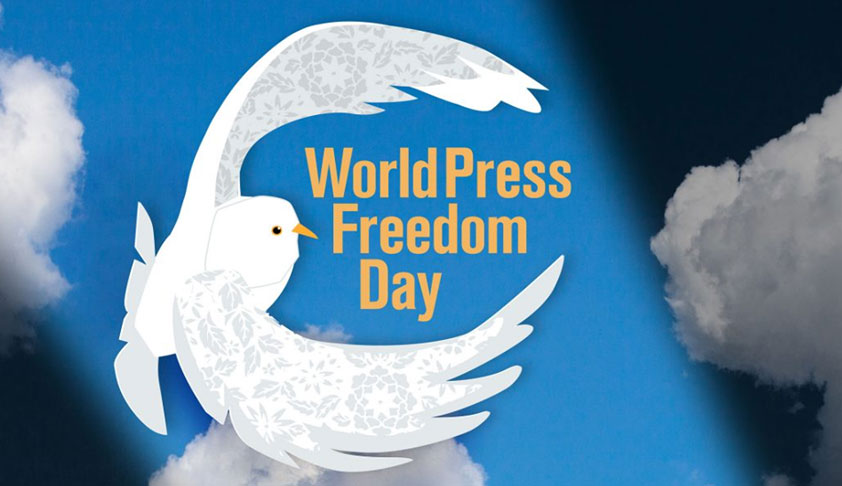World Press Freedom Day: Glance At Recent Court Orders On Press Freedom
Manu Sebastian
3 May 2018 7:55 PM IST

Next Story
3 May 2018 7:55 PM IST
As World Press Freedom Day is being observed on May 3, things are not looking very bright for Indian media. India is reported to have slipped by two ranks to 138 in the World Press Freedom Index, one rank above Pakistan. The Reuters reports that threats faced by Indian journalists have intensified over past few years, with the threats not just limited to physical threats, but manifesting in...
